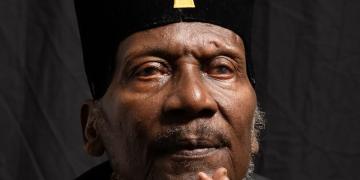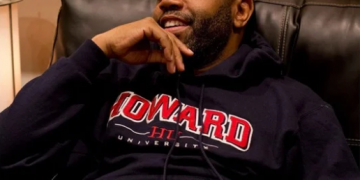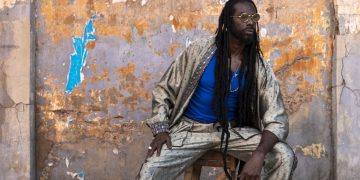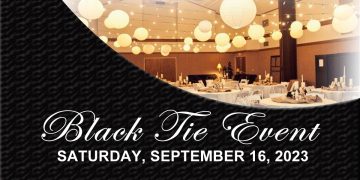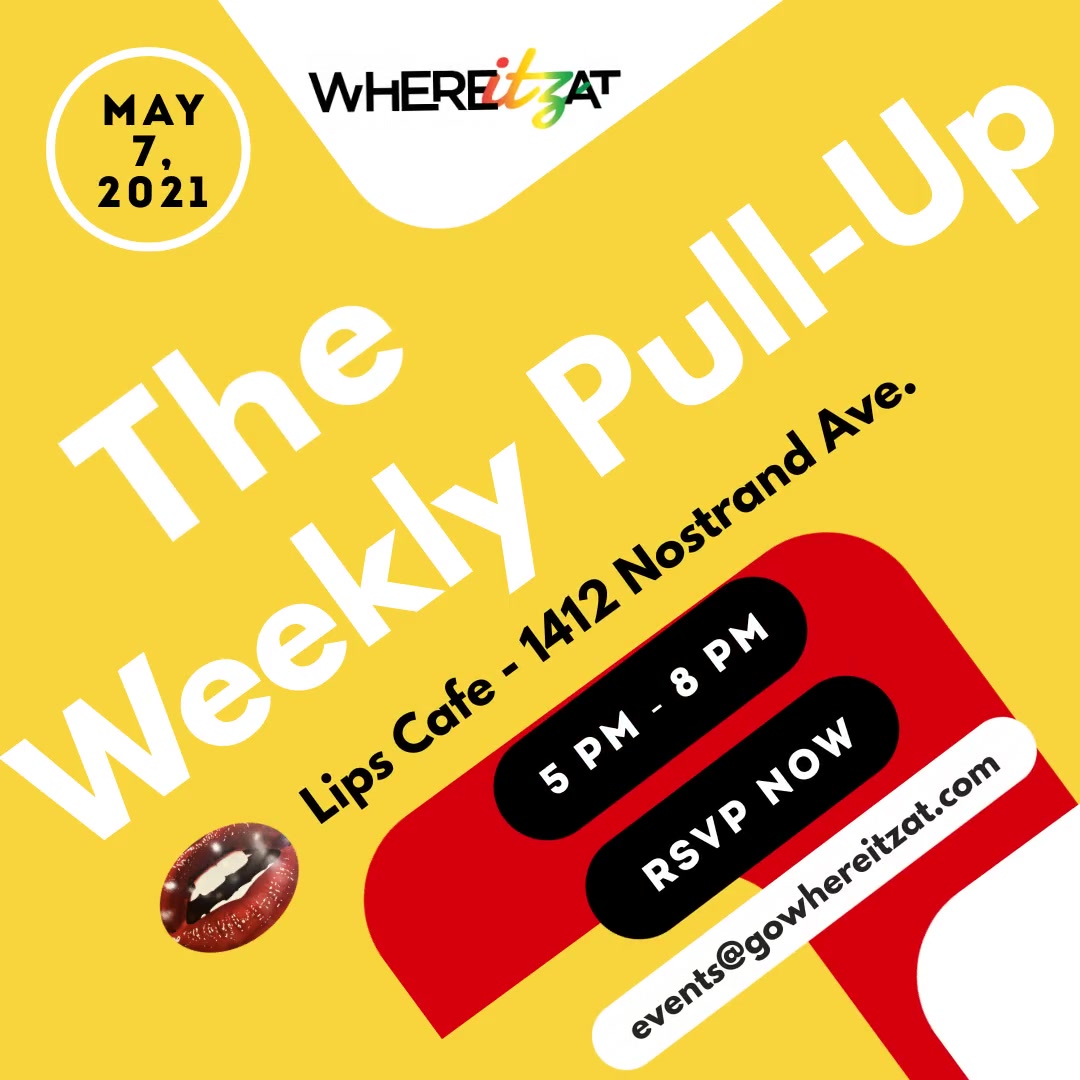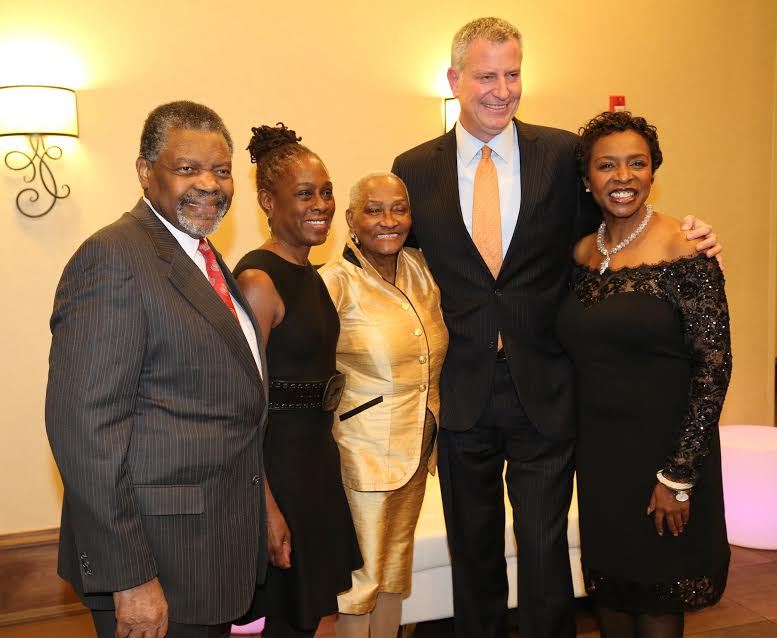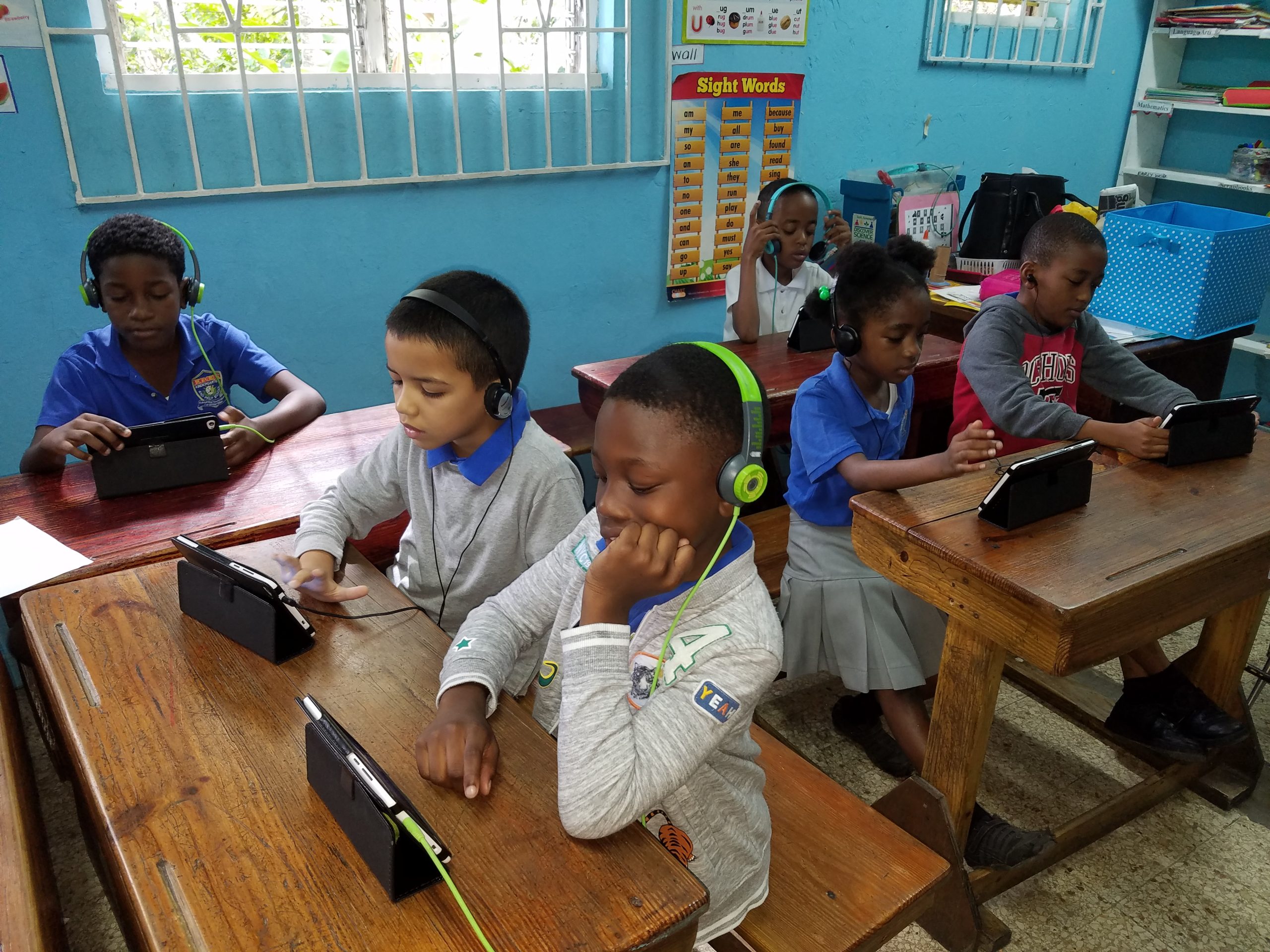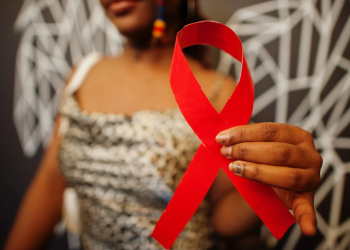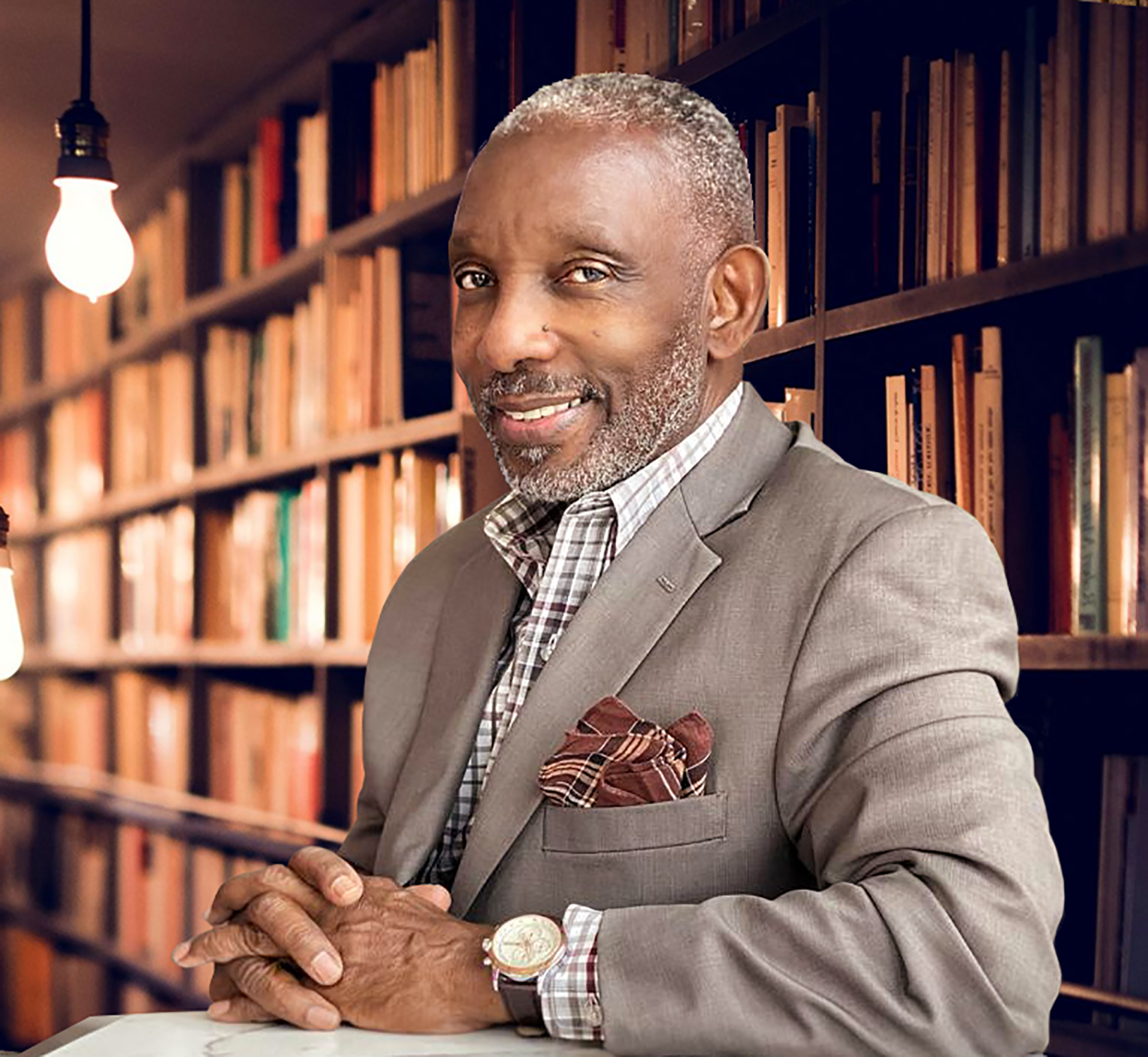
What if I told you that many of the things you believe about your purpose in life has very little basis in fact, truth or verifiable knowledge? This is also a good time to tell you that a belief, no matter how profound it seems, is not empirical knowledge e.g., ‘you might believe implicitly in the body’s natural immunity, but empirical medical science has proven that immunizations are indispensable in our eco-system because of the volatility of disease pathogens.’ Believing vs. Knowing! I recall vividly a conversation I had with a former client of mine, whose firm and unshakable belief is that, and I paraphrase, “reading other books, other than the bible, is unproductive and a betrayal of her relationship with God.” That happened very early in my practice as a behavior therapist and it discombobulated me because I was just starting out, and my therapeutic approach depended a lot on my clients willingness to read material that would empower and enlighten them. That rookie misstep taught me a valuable lesson in the way I conducted my intake process after that; of course the best practice approach is the therapist’s abstention from religious and political suasion in the life of the client or patient. But the reality is that in a talk therapy situation and the interactive nature of the feedback process, those subjects are unavoidable. So not unlike thousands of therapists before me, my initial intake sessions sought to explore my client’s “Belief System.” Had I understood my client’s core beliefs my drastic pivot would have been avoided.
As you have wisely deduced, that experience has stuck in my craw; as a therapist I was puzzled, then curious, as a passionate and inquisitive student and human being I am still studying – ‘Why we believe what we believe.’ In the interest of making my thoughts rational, understandable and communicable, I would like you to participate with me in reprising how our beliefs were formed. My one caveat is that we use and apply two elements that have unfortunately been abandoned by today’s elite experts and academics, one is – common sense and the other, critical thinking. Consider my questions as a mental tune-up: when was the last time you dusted the cobwebs out of that mind of yours that is overburdened by bills, the increasing cost of living and dying, illnesses, personal and family conflict, and now a persistent and unrelenting pandemic? I vividly recall my father using the word introspection on many an occasion, on these occasions he would admonish his friends to indulge in serious introspection before making a consequential decision. Now, I, being a sponge and wanting badly to impress my dad started using the word liberally at school, only to be firmly told by one of my teachers that my academic future depended on serious introspection, so I should study its meaning carefully in order to avoid suspension or God forbid expulsion. The light came on instantly, and my quest for self-knowledge and self-analysis began to take shape.
This is an open invitation for you to join me on that quest for personal self-knowledge and introspection. Why? Because our future as a people rests entirely on self-knowledge or knowing ourselves; let’s reflect for a moment – do you know who you are, have you identified your purpose for your life, why do you believe what you believe, how were your beliefs formed – your belief in God, self, humanity, family, society, education, government? When was the last time you did some introspection, plumbing the depths of your conscious and unconscious mind to formulate and reformulate your thoughts and ideas to keep pace with the technological combustion of our times?
I loved and worshipped my Mom & Dad as much as you do yours, but I have always questioned how much, and to what extent did their belief system influence my life – do you question that, have you ever questioned that? Are you fulfilling your full potential based on the belief system you inherited? As wonderful as my parents were, they had some flawed, unsubstantiated and erroneous beliefs; did I inherit some of those? What have we done to clarify, prove or even disprove and unload some of these beliefs?
You can be absolutely sure that your school, society, peers and the rest of humanity had a lasting, and in many cases, an indelible impression on our belief system; so what self-work have you done to flush away much of the miseducation, blackboard bullying and verbal abuse you endured as a child? Are you aware that as a black child, statistically you experienced and endured anywhere in the vicinity of 3000 – 4000 negative suggestions between ages 1 to 18 years? They repeatedly said – don’t do that, you can’t do that, you’re stupid, you’re worthless, you’ll never amount to anything, you’re too short, you’re too fat, you’re too clumsy, you’re such a cry baby, you’re as dumb as your father. Do you really believe you survived all that without some residual trauma, some psychic scarring from which you formed many unhealthy beliefs about life? The black child is saddled with guilt, fear and sin – those are their imaginary and uninvited companions; this imposition of guilt is done because of the misguided notion that it’s for their protection; more often than not this condition is reinforced by religious indoctrination and societal values. My client might have been one such child who was forced to believe that the Bible is the only source of instruction or knowledge because that was what she was taught to believe.
Seriously! After 400 years of indoctrination, dispossession, dehumanization and oppression, isn’t it time we distill our own theoretical, philosophical and rhetorical mythology from the trauma and pain of our journey? Yes we can! Let’s begin to tear down belief systems that degraded our ancestors and stole our identities, and it starts with Renewing the Mind – Yes we can!

